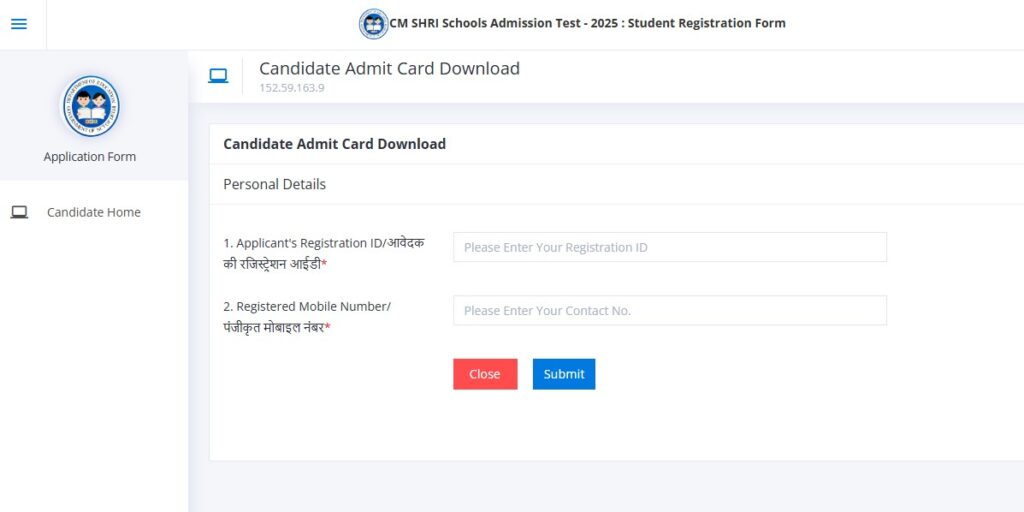The Jharkhand Education Project Council (JEPC) has taken a big step to improve the quality of STEM education in government schools by introducing iRISE training for teachers. The initiative is designed to train teachers in new teaching methods for Science, Technology, Engineering, and Mathematics, making classrooms more interactive and practical for students. This move is expected to bridge learning gaps and inspire students to take a stronger interest in STEM subjects.
I am writing about this because improving STEM education is not only about building knowledge but also about preparing students for the future job market. Across India, there is a growing demand for skills in science and technology, yet many schools struggle with outdated teaching practices. By focusing on teachers’ training through programmes like iRISE, states like Jharkhand are making sure students get better learning experiences. It is important to highlight this initiative because it shows how teacher-focused reforms can directly impact students’ performance. When teachers are confident and equipped with modern tools, students too get motivated to think critically and learn beyond textbooks. This is why such programmes deserve attention—they show a clear link between teacher empowerment and student success.
What is the iRISE Training Programme?
The iRISE training programme is designed to build teachers’ capacity in handling STEM subjects more effectively. Instead of relying only on rote learning, the training introduces interactive teaching methods, practical demonstrations, and activity-based learning. Teachers are encouraged to use real-life examples and hands-on models so that students can understand concepts in a simpler way.
Why STEM Focus Matters for Jharkhand
Jharkhand has many rural and semi-urban schools where students often lack access to advanced learning tools. By upgrading teacher skills, the state is making sure that even in remote schools, children can develop curiosity and problem-solving skills. Since STEM education forms the base for careers in engineering, healthcare, IT, and research, this focus can open up better opportunities for students in the long run.
Teachers as the Key Change-Makers
The role of teachers is central to this initiative. When teachers undergo training under iRISE, they gain confidence in handling new teaching aids, digital tools, and classroom activities. This, in turn, improves student participation and helps in building a stronger foundation in mathematics and science. For example, instead of memorising formulas, students can learn how they apply in real-life situations.
Broader Impact on Education Quality
By investing in teacher training, Jharkhand is indirectly improving the overall quality of school education. Better-trained teachers can handle large classrooms more effectively, reduce dropout rates, and encourage more students—especially girls—to pursue STEM education. Over time, such programmes can also help improve the state’s performance in national-level exams and competitive tests.











